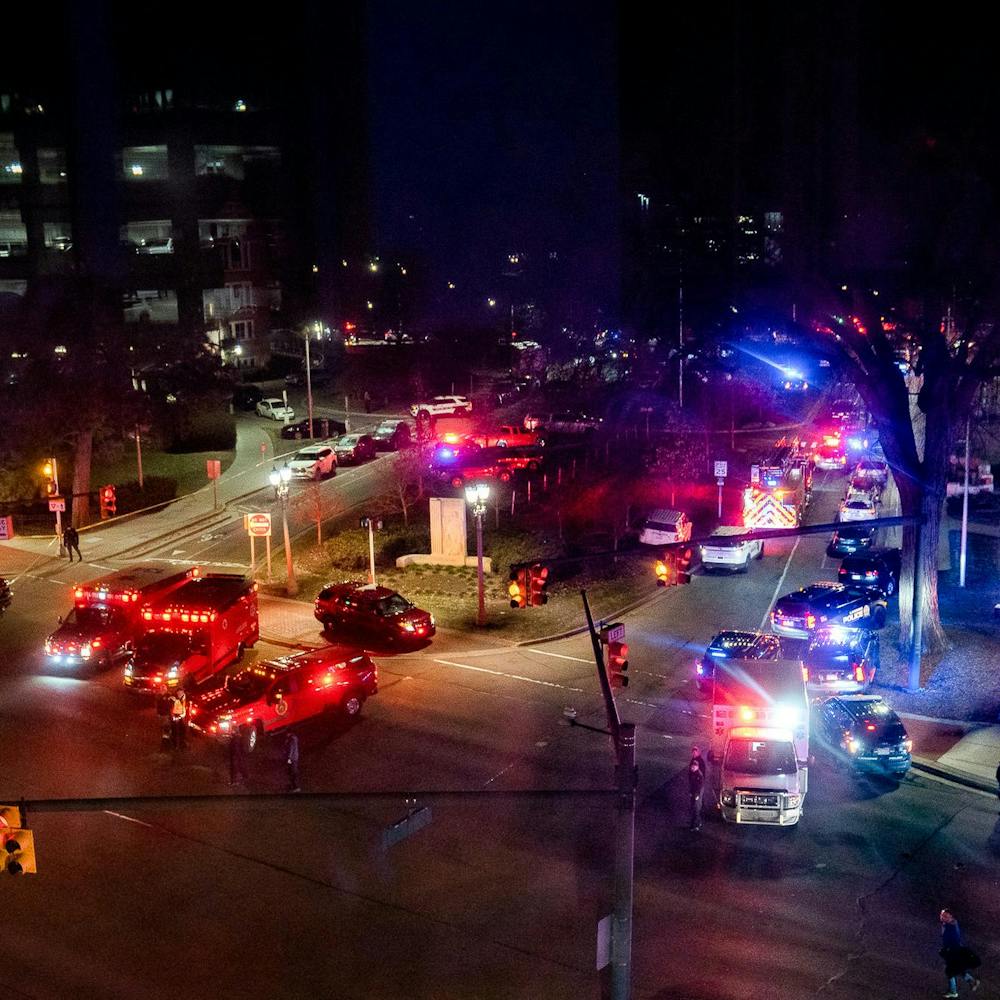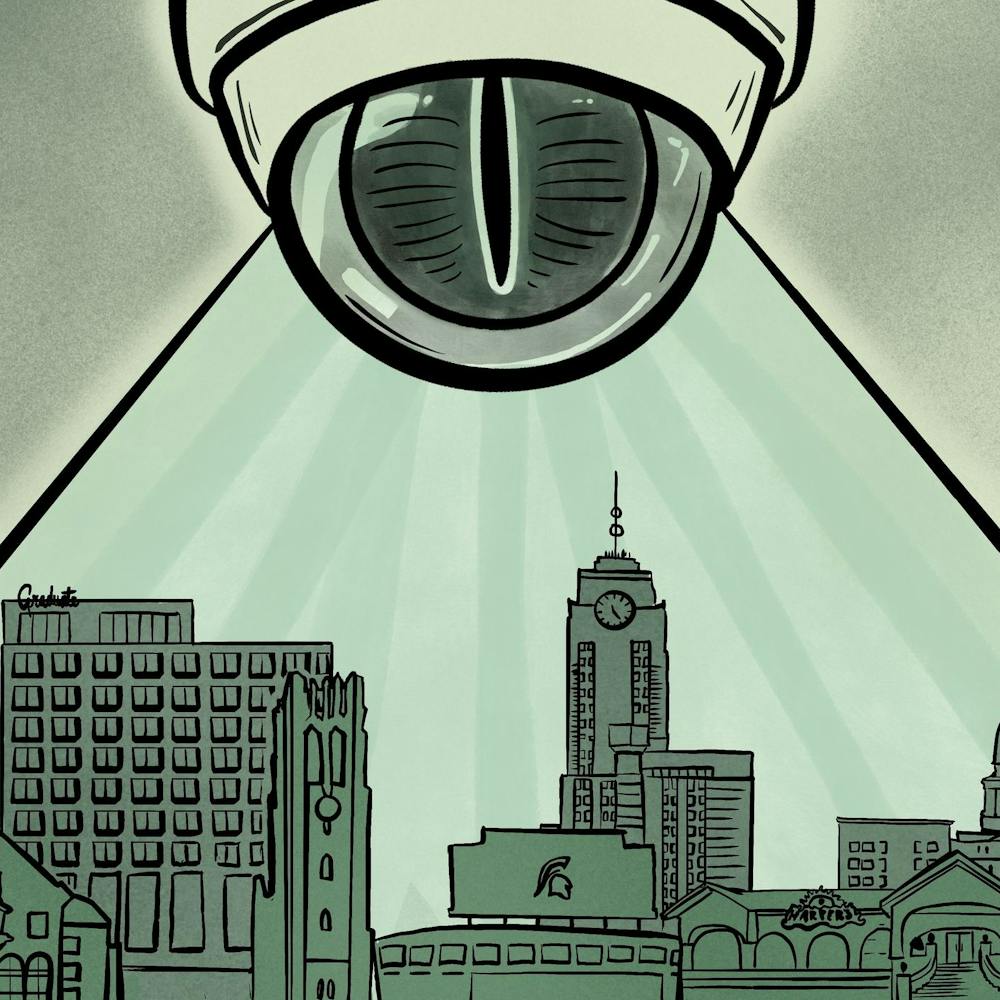Increasing gas prices may contribute to rising demand for public transportation, but for some business owners in the transportation sector, the higher cost of gas means greater losses.
Mehedi Kamal, owner of Big Daddy Taxi, 2330 Commonwealth Ave. in Lansing, said the company may have to increase fares, risking its status as the cheapest taxi service in town.
“(The rising cost of gas) definitely does affect us … we would like to still be the lowest fare in town,” Kamal said. “What we’re doing is basically cutting it from our profit line.”
Big Daddy Taxi charges $3 per person, or $2 per mile with a minimum of $6 per ride, Kamal said. He said he has not had to lay off any employees to offset costs.
“We’re looking forward to (MSU’s) Welcome Week and we are preparing. We added nine more vehicles to the fleet,” he said. “(Welcome Week is) one of our busiest times of the year.”
Some local business owners have already had to make serious adjustments to deal with costs.
“(Gas prices) did affect us to the point where we actually closed down, and we are no longer a taxi company,” said Clinton Lockard, owner of WCC Transportation, formerly Williamston Cab Co., 903 E. Saginaw St. in Lansing. “Either we could go over to a private chauffeuring group or pass those costs onto our consumers, and fares would go up.”
Lockard said he chose to convert the business in May to a private chauffeuring service that transports patrons in luxury vehicles or their personal vehicles.
“Just the cost of gas was just ridiculous and to offset that we would have had to up the fare to $5 a mile as opposed to $2 a mile,” Lockard said.
Hayes Brown, an international relations senior, said since Capital Area Transportation Authority, or CATA, raised its fares, he has had to carry around extra change to ride the bus.
“I do (rely on public transportation often), I just wish it was a better system here in East Lansing,” Brown said. “I just spent the summer in New York City and the system here is nowhere near as effective.”
Debbie Alexander, assistant executive director of CATA, said adult fares were increased by 25 percent and the price of student semester passes was increased by 10 percent in April to generate additional revenue. Demand for bus services also has increased.
“We have seen a rise in demand for over a year,” Alexander said. “Whether that is directly correlated to the rise of gas prices, I can’t say.”
Some students bypass the problem completely by getting around on foot.
“If it’s on campus, I’m walking,” said Kyle Haan, a telecommunication, information studies and media senior. “I guess I like the exercise and here, there’s no reason not to walk.”
Other local business owners said they, too, have felt the blow of higher fuel costs.
“I’ve been here (on Cedar Street) for 47 years, and I made more money 47 years ago than I’m making right now,” said Ray Powers, owner of ABC Taxi Cab, Inc., 2009 S. Cedar St. in Lansing.
“My taxi cab business ain’t worth a dollar — we’re losing money every week.”
Though Powers said he can’t afford to pay his five employees and will have to lay off two of them, he’s not ready to abandon the trade.
“I wanna stay here. I like the business. I’m 75 years old and I don’t got nothin’ to do,” he said.
Support student media!
Please consider donating to The State News and help fund the future of journalism.
Discussion
Share and discuss “Local cabbies get stung by high gas prices” on social media.





